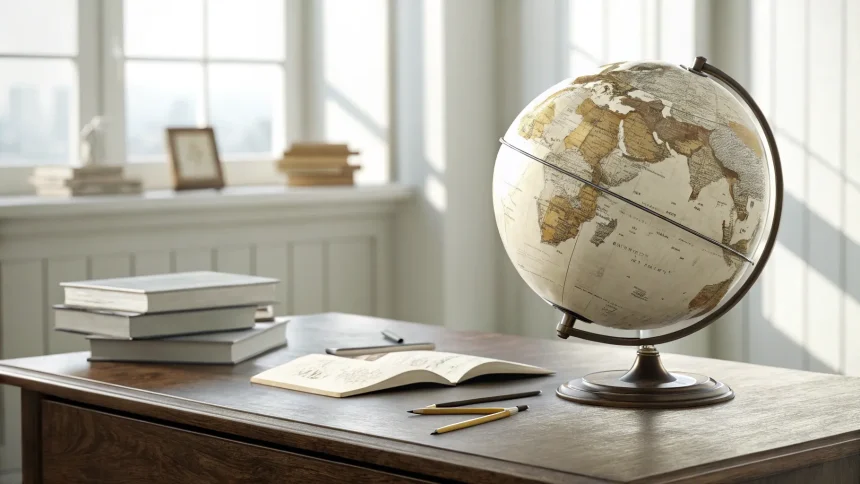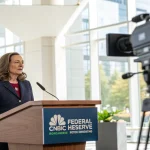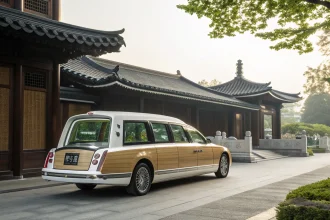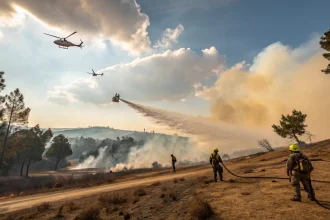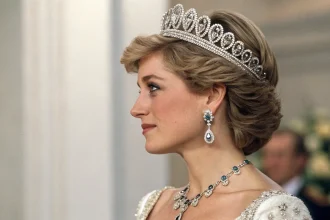NPR has launched an in-depth exploration of the postwar international order, examining how global power structures have changed since World War II and what might lie ahead. The investigation looks at the historical foundations of current international relations while questioning how these systems might adapt to emerging global challenges.
The postwar international order, established after 1945, created institutions like the United Nations, World Bank, and International Monetary Fund to promote stability and cooperation between nations. This system, largely designed by Western powers led by the United States, has governed international relations for over seven decades but faces mounting pressures from shifting power dynamics.
Historical Foundations and Current Challenges
NPR’s analysis traces how the international system emerged from the ashes of World War II as nations sought to prevent future global conflicts. The examination highlights how institutions created during this period aimed to regulate international behavior through shared rules and norms.
The current investigation comes at a critical moment when many of these postwar structures face significant challenges. Rising powers like China are questioning aspects of the system, while issues such as climate change, migration, and digital governance test the limits of existing international frameworks.
The reporting examines how recent events have strained international cooperation:
- Trade disputes between major economies
- Withdrawal of nations from international agreements
- Regional conflicts testing collective security arrangements
- Technological changes outpacing regulatory frameworks
Competing Visions for the Future
A central focus of NPR’s exploration is the competing visions for what might replace or modify the current international system. The analysis presents perspectives from various regions and political viewpoints on how global governance should function in coming decades.
“We’re witnessing a fundamental reassessment of international institutions that have governed the world for generations,” notes one expert featured in the NPR examination. “The question isn’t whether change will happen, but what form it will take and who will shape it.”
The reporting highlights tensions between maintaining liberal democratic values that underpinned the original postwar order and accommodating different political systems and cultural perspectives. It also addresses how technological change and economic shifts are redistributing global influence.
Adapting to New Global Realities
NPR’s investigation also explores how international institutions are attempting to reform themselves to remain relevant. From UN Security Council composition to voting rights at the IMF, many aspects of the postwar system are under review as nations seek arrangements that reflect current rather than historical power distributions.
The analysis examines how regional organizations have gained importance as complements or alternatives to global institutions. From the European Union to the African Union and ASEAN, these bodies increasingly shape international responses to regional challenges.
Climate change governance receives particular attention as a test case for international cooperation in the 21st century. The reporting examines how nations are attempting to coordinate responses to this global challenge despite differing priorities and capabilities.
As geopolitical competition intensifies between major powers, NPR’s exploration considers whether the world is heading toward a new form of multipolarity or fragmentation into competing blocs with different rules and norms.
The comprehensive examination offers no definitive answers about the future shape of international relations but provides context for understanding the significant transitions underway in global governance as the postwar order continues its evolution.


